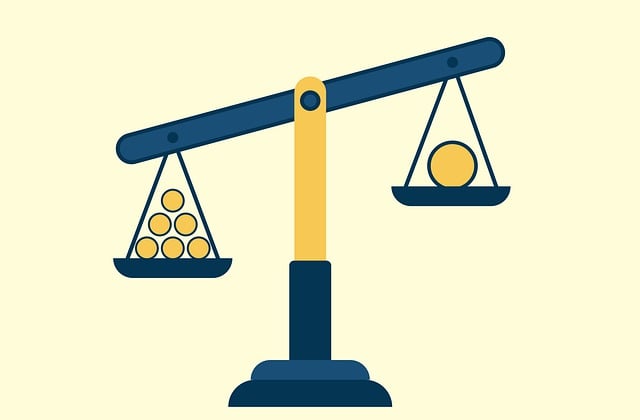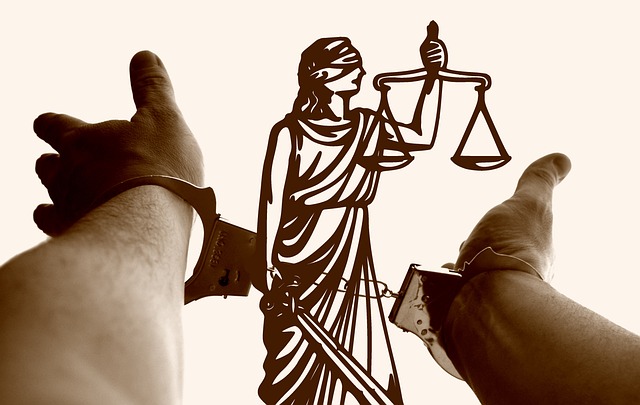Litigation Support Services are vital for modern legal battles, particularly complex criminal defense and jury trials. They provide evidence gathering, management, and advanced analytics, empowering attorneys with data-driven insights to make strategic decisions. In criminal trials, examples of evidence like fingerprints, DNA, witness accounts, and digital records (e.g., text messages, surveillance footage) are crucial for determining outcomes. Advanced tools powered by technology assist legal professionals in uncovering, analyzing, and presenting this evidence of criminal activity, helping achieve positive verdicts or charge dismissals.
In the intricate landscape of legal proceedings, Litigation Support Services play a pivotal role, ensuring cases are decided fairly and accurately. This comprehensive overview delves into the essence of these services, highlighting their crucial function in assisting legal professionals. The article explores how evidence, a cornerstone of criminal trials, is presented and analyzed, with a special focus on types and significance. We unlock the power of litigative tools through real-world examples of evidence in criminal trials, providing insights that underscore their impact.
- Understanding Litigation Support Services: A Comprehensive Overview
- The Role of Evidence in Criminal Trials: Types and Significance
- Examples of Evidence: Unlocking the Power of Litigative Tools
Understanding Litigation Support Services: A Comprehensive Overview

Litigation Support Services play a pivotal role in modern legal proceedings, especially in complex cases such as general criminal defense and jury trials. These services encompass a wide range of activities designed to assist attorneys in preparing for and navigating high-stakes litigation. From gathering and analyzing evidence—including examples of evidence in criminal trials—to creating persuasive presentations, these support systems are crucial in achieving winning challenging defense verdicts.
The scope of litigation support includes digital evidence management, where electronic data is meticulously sorted and preserved, ensuring its admissibility in court. This process is particularly vital given the increasing reliance on technology in both criminal and civil cases. Additionally, expert witnesses and advanced analytics contribute significantly to shaping case strategies. By providing insights based on comprehensive data analysis, these services enable attorneys to make informed decisions that can strengthen their arguments and improve outcomes, whether it’s through settling a case or securing a favorable jury trial verdict.
The Role of Evidence in Criminal Trials: Types and Significance

In criminal trials, evidence plays a pivotal role in shaping the outcome of cases. It serves as the foundation upon which accusations are built, defenses are constructed, and juries or judges make their decisions. Examples of evidence in criminal trials can be categorized into several types, each holding varying degrees of significance depending on the specific case. Physical evidence, such as fingerprints, DNA samples, and crime scene photographs, is often considered highly reliable as it can directly link a defendant to the scene. Testimonial evidence from witnesses who have firsthand knowledge of the events is equally crucial, providing narratives that can corroborate or contradict the prosecution’s or defense’s version of events.
Documentary evidence, including reports, correspondence, and records, offers context and details that may not be apparent through other means. For instance, financial records in white-collar crime cases or surveillance footage in assault trials can significantly impact the outcome. In all stages of the investigative and enforcement process, the presentation and interpretation of these various forms of evidence are paramount for both general criminal defense strategies and ensuring justice for corporate and individual clients alike.
Examples of Evidence: Unlocking the Power of Litigative Tools

In criminal trials, examples of evidence play a pivotal role in shaping the outcome of cases. These can range from physical items like fingerprints and DNA samples to digital evidence such as text messages, emails, and surveillance footage. For his clients, the presentation and interpretation of these pieces of evidence are crucial at all stages of the investigative and enforcement process. Advanced litigative tools have revolutionized how legal professionals uncover, analyze, and present this evidence of criminal activity, ensuring a more thorough and precise understanding of the facts.
By leveraging innovative technologies, lawyers can now explore complex data sets, identify patterns, and even predict potential outcomes. This not only strengthens the case but also aids in achieving complete dismissal of all charges if the evidence fails to meet the required legal standards. The ability to navigate through vast amounts of information efficiently is a game-changer, especially in cases with voluminous records or intricate financial transactions.
Litigation Support Services play a pivotal role in modern legal proceedings, particularly in criminal trials. By leveraging advanced tools and techniques to manage and interpret evidence, these services ensure fairness and accuracy. Understanding the significance of evidence, as discussed through various types and real-world examples, underscores the importance of specialized support. As we’ve explored, effective litigation support enhances the overall justice system, making it imperative for legal professionals to stay informed about these evolving services and their impact on criminal cases.






